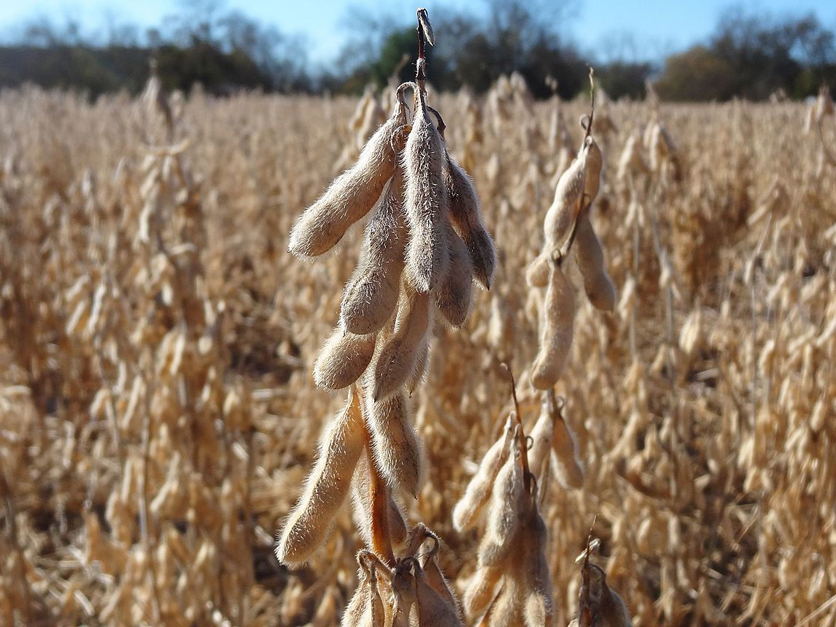The Arkansas State Plant Board voted 10-3 Wednesday to ban dicamba use between April 16 and Oct. 31 next year, a move that was fiercely opposed by Monsanto, which sells dicamba-tolerant seed and a low-volatility dicamba herbicide designed to kill Roundup-resistant weeds.
The result was not unexpected. The ASPB voted last month to recommend the seasonal ban, kicking off a public comment period followed by the public hearing and vote that took place Wednesday in Little Rock. The ban will now go to the executive committee of the Arkansas Legislative Council for final approval, according to the ASPB.
The proposal to prohibit use beyond April 15 had divided Arkansas soybean and cotton growers, who submitted comments for and against it. Monsanto took the lead on the industry side, submitting binders with information “a foot and a half tall” supporting use of Xtendimax, its dicamba formulation, according to Scott Partridge, the company's vice president of global strategy.
The Environmental Protection Agency approved the new, low-volatility formulations, including Xtendimax, BASF’s Engenia, and DuPont’s FeXapan (which is the same as Xtendimax), for use this growing season. Last month, after thousands of complaints about damage from dicamba drift to soybeans and other crops, the companies and EPA agreed on new label language aimed at reducing the chances of off-target injury and obtaining more data about how the herbicides are used.
Only Engenia could be used in Arkansas this year. The state said Monsanto’s Xtendimax had not undergone sufficient testing.
It’s not clear at this point whether other states will take the “cutoff date” approach that Arkansas appears on its way to adopting. A number of other states are, however, considering more stringent restrictions on dicamba for next season.
Partridge said after the vote that Monsanto would explore any and all options to try to get Xtendimax on the market in Arkansas next year. The company already has filed a lawsuit against the ASPB over its 2017 ban of the product.
“We’re going to take whatever necessary steps to support growers,” Partridge told Agri-Pulse.
He criticized the plant board for not adequately considering new information that Monsanto submitted in support of its contention that damage to soybeans in the state was likely caused by illegal application of older, generic versions of dicamba. In comments submitted to the plant board, Monsanto said BASF had revealed that it only sold enough Engenia to cover about half the dicamba-tolerant soybeans and cotton in the state.
Partridge also said that soybean yields are estimated to be up to 51 bushels/acre, compared with 47 bu/a in 2016, and that the condition of the crop in Arkansas is the best it has been in 10 years.
In its comments to the ASPB, the company also said that based on its own evaluation, more than 90 percent of applicators “self-reported errors with respect to one or more label requirements that could have contributed to off-target movement.”
Bill Freese, a science policy analyst at the Center for Food Safety, said that the higher yields could be attributed to perfect growing conditions in the state, which would boost yields for undamaged plants and help damaged ones recover.
“When you average it all out, it might look pretty good, but we know that there are growers who have been hit pretty hard,” he said.
“Slicing and dicing the numbers is pretty much a distraction,” he said.
He also disputed the argument that older formulations may be responsible for up to half the damage, citing an Illinois Fertilizer & Chemical Association survey in which nearly 90 percent of applicators said they did not believe the older formulations were responsible for injury to non-dicamba-tolerant soybeans.
“Retailers were adamant in their comments that they, and the farmers they sold product directly to, all used the new products on soybeans,” IFCA said. “A few suspected ‘tin sheds’ and ‘brokers’ of possible off-label sales.”
#30
For more news, go to www.Agri-Pulse.com.


